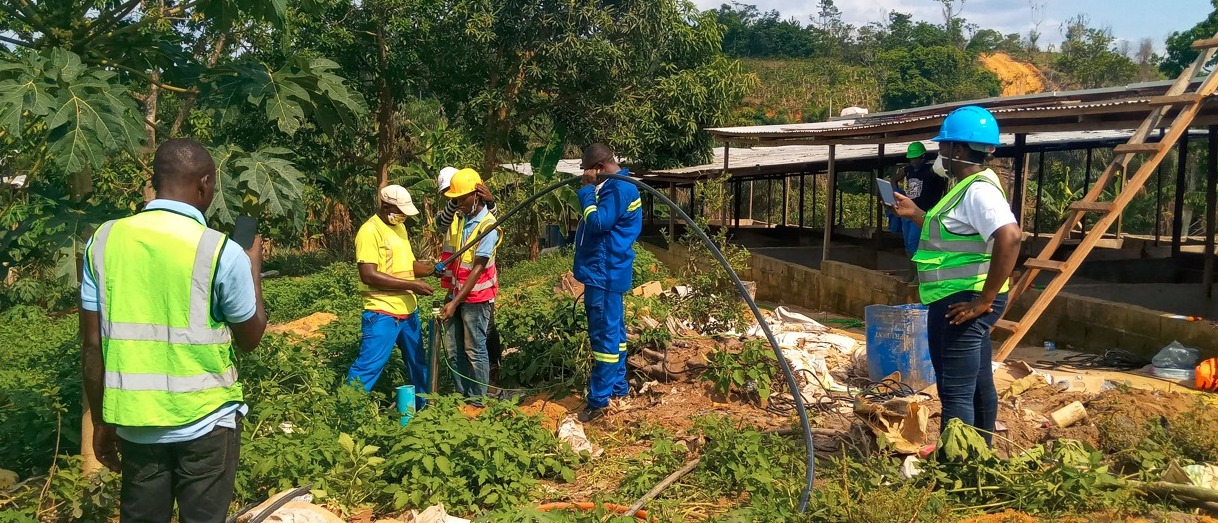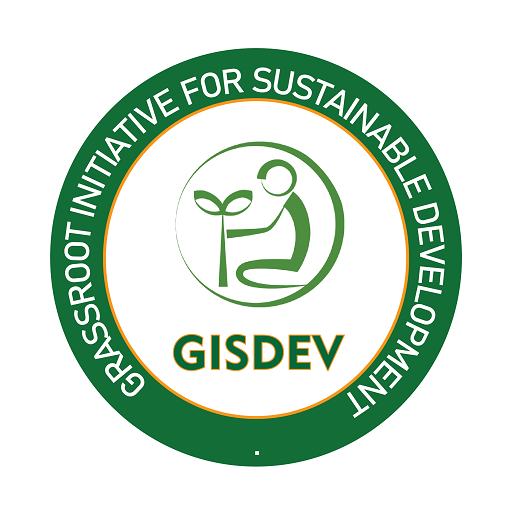Smallholder farmers play a vital role in feeding communities and driving rural economies. Our Sustainable Agriculture department focuses on empowering these farmers through capacity building and access to modern farming technologies. We provide comprehensive training programs that equip farmers with the knowledge and skills to adopt sustainable farming practices. This includes training on soil health management, crop rotation, agroforestry, and integrated pest management. By empowering smallholder farmers, we aim to enhance their productivity, income, and overall livelihoods.
We recognize the transformative potential of technology in agriculture. Our team collaborates with farmers to introduce and promote the use of modern farming technologies that contribute to sustainability. This includes the utilization of Internet of Things (IoT) devices for precision irrigation, enabling farmers to optimize water usage and reduce water waste. We also promote the use of biogas systems for organic fertilizer production, reducing reliance on chemical inputs and enhancing soil fertility. Additionally, we work towards providing energy-efficient solutions for heating farm animals and agricultural processes, minimizing carbon emissions and promoting sustainable energy use in agriculture.
Water scarcity is a significant challenge for many farming communities. In our Sustainable Agriculture department, we collaborate with farmers to implement water resource management strategies that optimize water usage and reduce wastage. We introduce techniques such as drip irrigation, rainwater harvesting, and water-efficient irrigation systems to ensure that water resources are used efficiently and sustainably. By improving water management practices, we aim to enhance agricultural productivity while conserving precious water resources.
Minimizing the environmental impact of pest control is a key focus of our sustainable agriculture initiatives. We promote integrated pest management approaches that prioritize natural and environmentally friendly pest control methods. Through farmer training and education, we encourage the use of biological controls, crop rotation, habitat diversification, and the judicious use of pesticides when necessary. By adopting sustainable pest control practices, we aim to reduce chemical inputs, protect beneficial organisms, and preserve ecosystem health.
We recognize the importance of collaboration and collective action in agriculture. Within our Sustainable Agriculture department, we actively promote the formation and strengthening of farmers groups. These groups serve as platforms for farmers to share knowledge, pool resources, and collectively access various support services. By fostering collaboration, farmers groups help smallholder farmers enhance their bargaining power, access credit facilities, and acquire necessary resources such as seeds, fertilizers, and equipment at more favorable prices. their produce.
Access to quality farm inputs is essential for sustainable agriculture. We work closely with farmers to facilitate their access to high-quality seeds, fertilizers, and other agricultural inputs. Through partnerships with local suppliers and organizations, we promote the use of certified seeds and organic fertilizers, ensuring that farmers have access to inputs that are safe, effective, and environmentally friendly. By facilitating access to quality farm inputs, we enhance agricultural productivity while minimizing negative environmental impacts.
Climate change poses significant challenges to agriculture. In our Sustainable Agriculture department, we prioritize building the resilience of farming communities. We support farmers in implementing climate-smart practices, such as crop diversification, conservation agriculture, and climate-resilient farming techniques. By equipping farmers with the knowledge and tools to adapt to changing climatic conditions, we aim to enhance their ability to withstand shocks, maintain productivity, and secure their livelihoods in the face of climate-related challenges.
At GISDEV, we are committed to harnessing the power of the Empowerment Ripple Effect to drive sustainable change within communities. Our unique strategy begins with identifying the unique needs of community members, which serves as a foundation for our initiatives. We then focus on mobilizing, connecting, and empowering individuals and community structures, aiming to create a ripple effect of empowerment that extends far beyond our direct beneficiaries. By empowering individuals and fostering a sense of shared responsibility, we believe we can create a lasting impact and promote positive change within the broader community.


